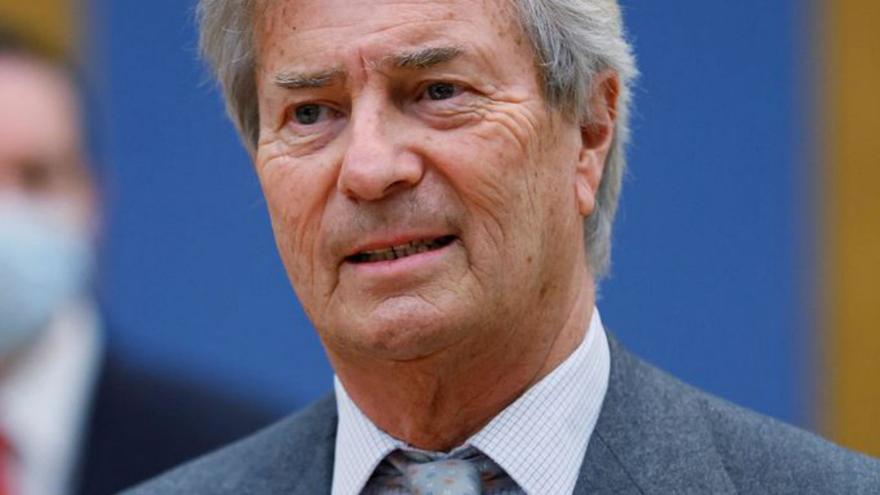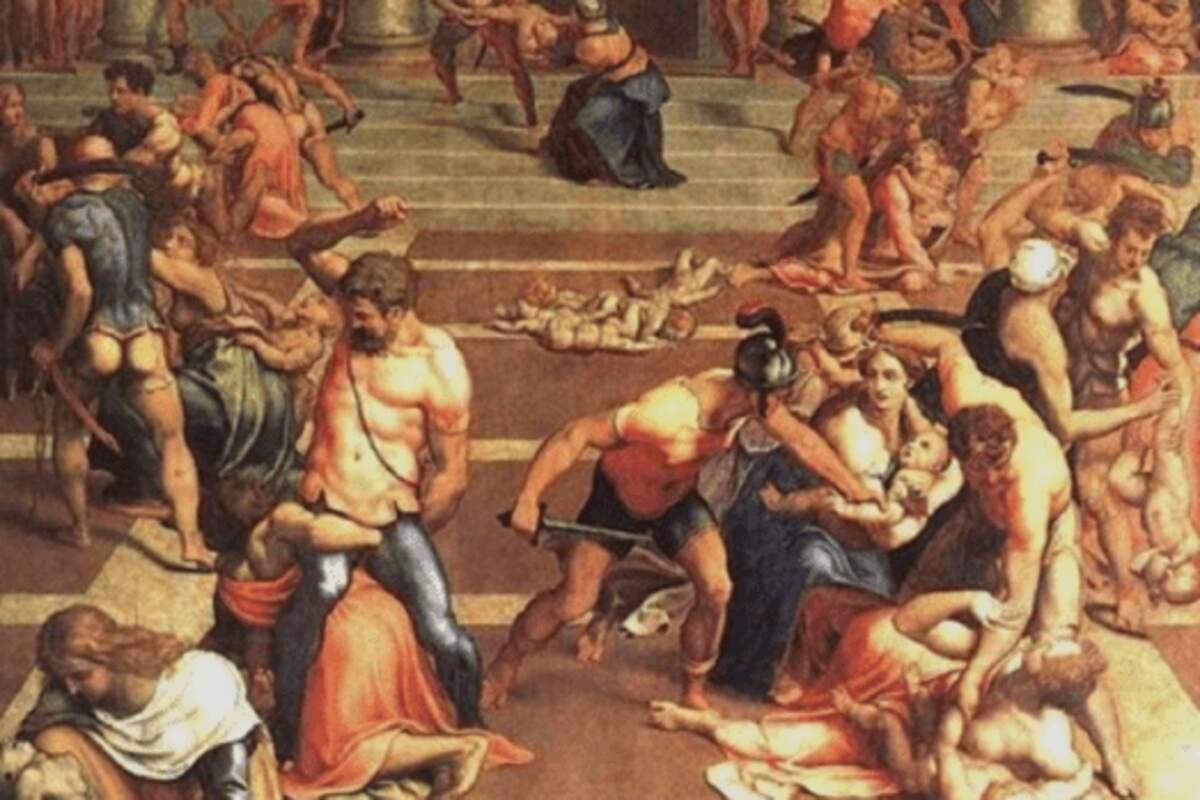Unfortunately for Terres de l'Ebre, history repeats itself. When large urban agglomerations in Catalonia face problems with energy supply or water resources, as a result of their unlimited development, mismanagement and waste of these resources, ignoring climate change, and without the necessary forecasting and planning for sustainable growth – and not extending the arm more than the sleeve – there is a recurring suggestion to plunder those areas. Which have natural resources that are by no means unlimited, such as the large “economic and commercial lobbies” in urban areas of our country.
Now we will hear them in all colors, but the reality is stubborn: Terres de l'Ebre will oppose with all its might any transfer of water from the Ebro River to Barcelona as a solution to the water shortage in the capital region. Whatever the trade unions say so, the business world or a large part of the political world have gathered in the “Intercollegiate Water Observatory” and are using new terminology. We will feel that there is enough water in the Ebro River to solve specific cases of water shortages and emergencies and that is why it is necessary to create a “Waterway for Catalonia” that unites all the hydrographic basins through a high network so that, “in critical moments and in time” as is the case now , the Ebre-Barcelona networks can be connected, which is technically viable, and which we must support. What a shame that this solidarity is demanded of us by the least supported people, always from the bottom up, geographically and socially, always ignoring the regional balance.
Those of us who actually lived and fought the approval of “Law No. 18/1981 of July 1” on the -incorrectly named- Microtransfusion, created by the then Anti-Blood Transfusion Coordinator, already felt that it was the first step for a future connection between The Ebro River and the urban areas of Tarragona and Barcelona, especially when a water concession was ratified that exceeded the “needs” of the moment and which they now considered “surplus.” In 2000, on the occasion of the presentation of the National Hydrological Plan, it was discussed again, but since it was the least scandalous part of the transfer proposal, it went largely unnoticed, despite the birth of the platform in defense of the environment. L'Ebre (PDE) and continued mobilizations and denunciations halted this possibility.
In 2008, history repeated itself with another drought and with the proposal to extend the transportation of the Ebro River between Tarragona and Barcelona, through the desalination plant in Cunet, connecting the two networks in a reversible way (another euphemism). Once again, it was stopped by the mobilization of the people of the Ebro River. At that time, the state government proposed alternative measures for the transfer (they now call it connecting the CAT network to the ATLL network, as if this were not a transfer) and in recent years it has carried out the whole series of works – two desalination plants, reuse measures, wastewater reuse sanitation, restoration of aquifers and desalination – but they are clearly insufficient in light of the growth achieved in urban areas without taking into account the limited natural resources available, in addition to the unsuitable climate of continuous lack of rain for several months.
They will demand humanitarian, agricultural, industrial, economic needs…, and they will talk to us about solidarity. And those who are less so will have the ability to speak of solidarity
15 years have passed, and the current drought has once again left us, the people of the Ebro, faced with the unjustified predatory proposal of the large “economic and business lobbies” to seize the waters of the Ebro. They will demand humanitarian, agricultural, industrial, economic needs…, and they will talk to us about solidarity. Those who are unlikely to talk about solidarity, who only remember the Ebro when it is not raining on them, will promise us new investments when they have not even implemented those already approved and planned. Do you remember, among other examples, the Ebro River Land Restitution Plan (2010) that the state had to implement in order to clean the Flex Reservoir? Of the 44 works that had to be completed (water intakes, wells, supply lines and tanks), only 13 were carried out, and therefore 31 works affecting several municipalities in İprenc are still pending. Thirteen years later, outraged by the lack of words, or if you want to call it, solidarity, we continue to demand that the Spanish Government fulfill the commitment of the socialist government of Zapatero and Pucso, and implement the 31 pending actions of the Recovery Plan.
It is possible that the history of transfer will be repeated, and if it were, the people of Ebro would once again mobilize and take to the streets to defend the natural resources that give us life, and we will not allow one more drop of water to go beyond our lands. As PDE says, water is life. Let's defend it!!!
Baku gas

“Prone to fits of apathy. Introvert. Award-winning internet evangelist. Extreme beer expert.”









